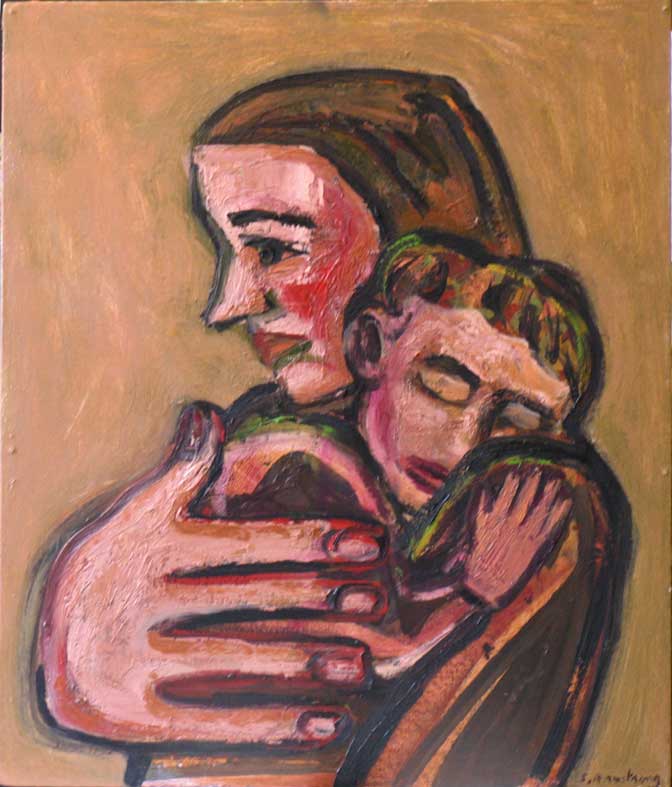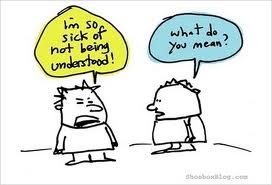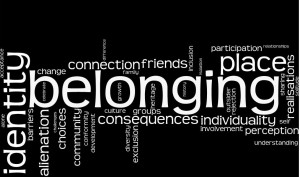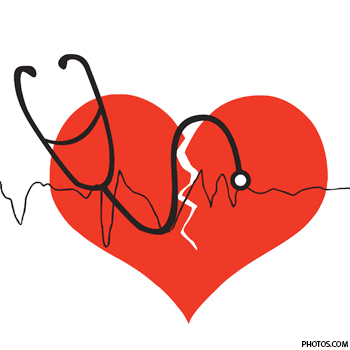 Recently, a patient was referred to my practice who was experiencing depression and anxiety. She thought the problem might be nutritional and asked her doctor for a referral. When we began to explore her issues, what she identified as a core problem in her life was that her husband put his mother before her – his wife.
Recently, a patient was referred to my practice who was experiencing depression and anxiety. She thought the problem might be nutritional and asked her doctor for a referral. When we began to explore her issues, what she identified as a core problem in her life was that her husband put his mother before her – his wife.
She reported that the son was emotionally tethered to his mother and could not stand up to her. The patient stated that she felt betrayed, rejected and deeply resentful of her mother-in-law and her husband. These were the feelings that were living below her depression.
In researching Whole Health educational material to share with her, I came upon an article that really resonated with her issue. It did not, however, have an author’s name or the date it was written on it but the book referenced below is written by psychotherapist Patti Henry, M.Ed, L.P.C. I believe this is a little talked about issue that is far more prevelant than we realize. Hope you find it as helpful and interesting as I have.
“There are many reasons why a husband puts his mother on a higher level than his wife, but I have found the most prevalent, by far, is emotional incest. Emotional incest occurs in childhood when a child’s emotional self is unwittingly violated.
More often than not, the child is unaware of his “de-selfing.” Being the “little man of the house watching over mommy” or the “golden child” sets the child up to feel special. (Sometimes this happens to more than one of the male children in the family.)
This happens when the energy in the parent-child relationship gets mixed-up and, rather than the parent taking care of the child’s emotional needs, the child is somehow responsible for taking care of the emotional needs of the parent.
Another problem with emotional incest is that it is so thorough. The child isn’t aware of the problem because it has been there almost since the day he was born. He has no other experience to compare it to. It is just “normal.”
Therefore, when describing their childhoods, adults who have been emotionally incested frequently are unable to identify any problems or unresolved issues from their pasts at all. The emotional incest is often seen as “love,” even though there was an incredibly high price to pay for that “love”: the child must disconnect from his authentic self to please the parent.
I, as a clinician, start looking for it when the wife complains that her husband’s primary relationship seems to be with his mother and not her. If you as the wife can see it, I know you’ve probably tried to get your husband to see it.
If this hasn’t worked, you will need some outside help. Look for a marriage counselor who is very familiar with and experienced working with the effects of emotional incest. Give your husband this article. Give him a copy of my book, “The Emotionally Unavailable Man: A Blueprint for Healing.” Read Pat Love’s book.
It doesn’t matter if you feel you are treating your partner as primary – your partner must feel this. Your behavior must be consistent enough for her to register it. Your behavior, words, and attitude must convey, “You are more important to me than my mother.” Mothers are important, precious, and need to be honored, of course, but there is wisdom in the Biblical instruction to “leave and cleave.”
And how do you know you’re making progress? This paragraph is particularly written to men. Mainly you will know you are making progress when your primary relationship is with your partner, and she knows it deep in her soul. Your wife must feel primary, that is, number one. Knowledge is the best hope for an awakening.
Leave your family of origin and cleave to your wife and new family. Think of your wife and her happiness first as you make choices this holiday season. You may be surprised at what gifts you get in return.
I wish you clarity and strength: for breaking an emotionally incestuous bond is not easy. In fact, it is very, very difficult. But, as with breaking the incredibly strong bonds of addiction, people do it every day. You can, too.
May this holiday season bring you love and peace.””
With all good wishes,
Georgianna





